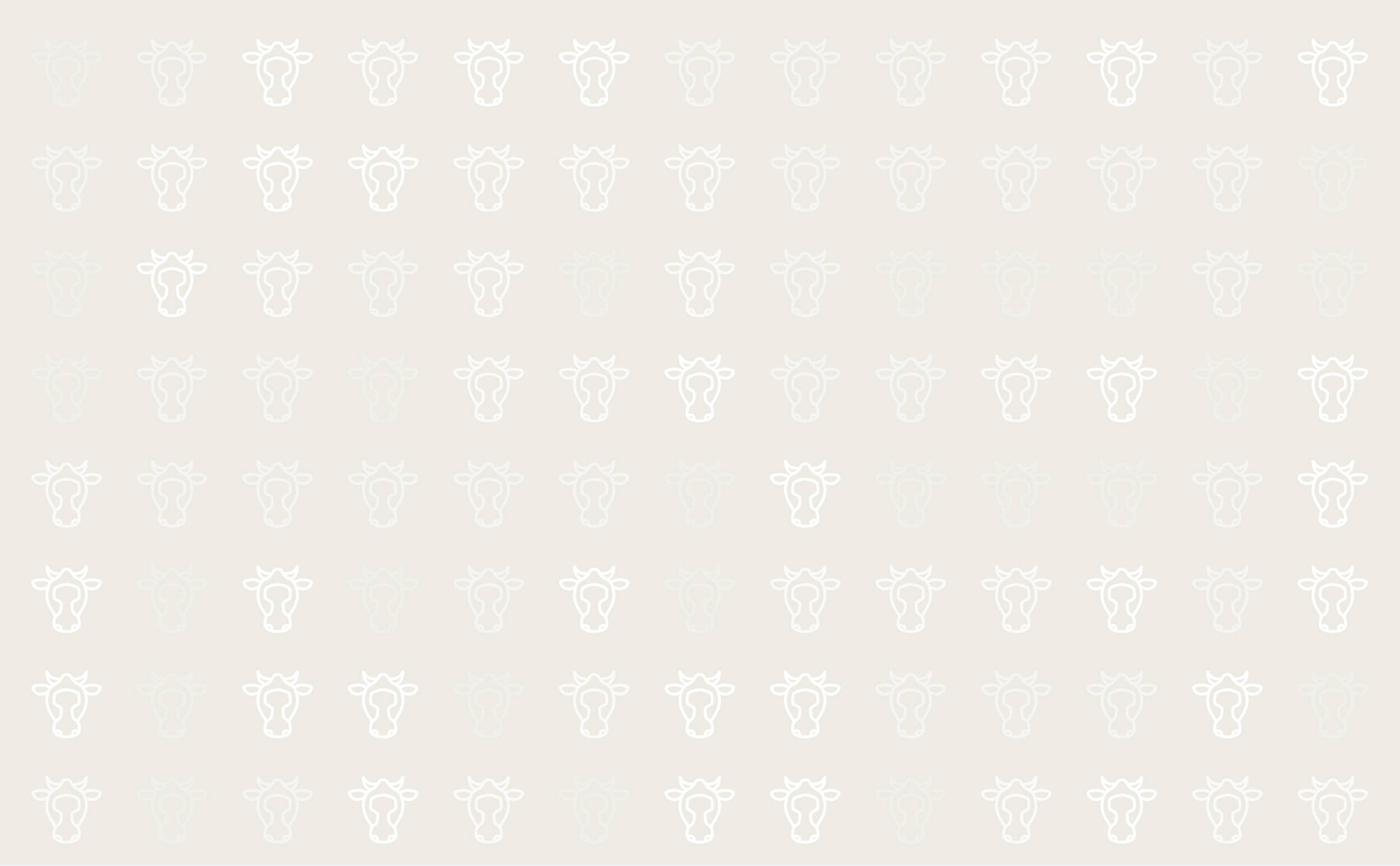



Denmark bets on cow feed additive to reduce methane emissions
Feed additive expected to reduce methane emissions by 30%Denmark has agreed to help farmers finance a feed additive that is expected to reduce methane emissions from cattle by up to 30%, as part of efforts to meet ambitious climate goals, Reuters reported, citing its government on Monday.
Denmark, a major dairy exporter, could become the first country in the world to price agricultural emissions, including methane emissions from burping cows, a move that has broad political backing.
Methane, a more potent greenhouse gas than carbon dioxide, is a natural byproduct of digestion in cows and other ruminants that is released into the atmosphere.
The Nordic country has pledged to reduce emissions by 70% by 2030 compared to 1990 levels.
More than half of Denmark's land is farmed, with agriculture accounting for about a third of the country's carbon emissions, according to Danish climate think tank Concito.
Farming has not yet been subject to any climate regulations, but the industry has expressed concerns that a carbon tax would force them to reduce production and close farms.
Instead, farmers and the dairy industry have advocated the use of additives that stop the fermentation process inside the cows' stomach, preventing the production of methane.
The government set aside 518 million Danish crowns ($74 million) to finance the feed additive, which is expected to reduce methane emissions from the country's roughly 550,000 dairy cows by 30% in 2030.
Such additives have been met with scepticism from Danish politicians and animal welfare groups, as it is still unclear whether it would meet Danish animal welfare standards.
Netherlands-based nutrition company Royal DSM had a feed additive approved by the EU in 2022.
($1 = 6.9999 Danish crowns)



